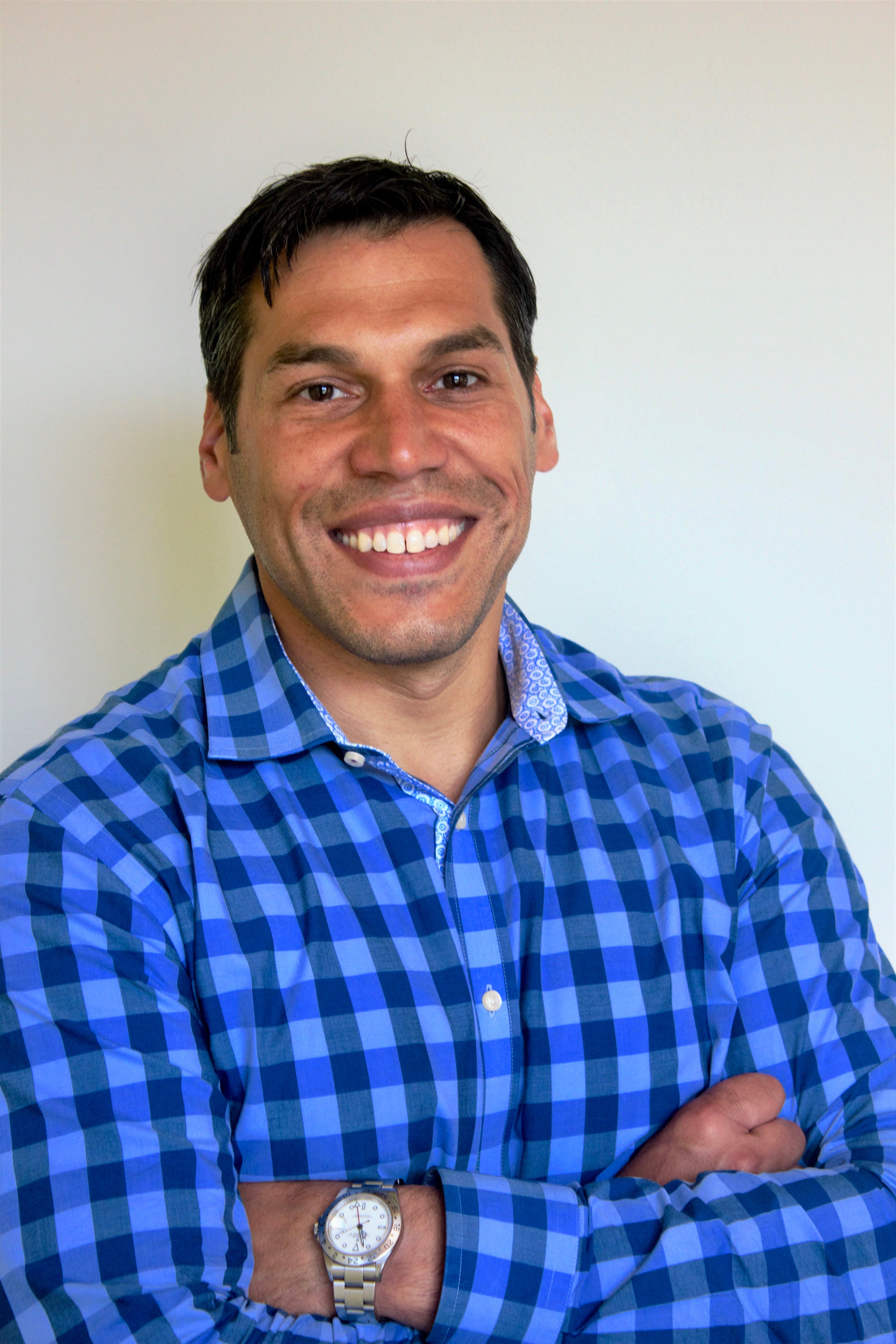
This week, IndEx interviewed Michael Murawski, PhD who is currently a Senior Program Manager at STEMCELL Technologies, about his experience transitioning from academia to industry!

Following his doctoral studies at UMass Chan Medical School, Matthew Murawski, PhD, MBA received a T32 training grant from the Channing Laboratories in Boston, MA for his post-doctoral research. Here, he worked on developing vaccines for cancer causing viruses. He then joined STEMCELL Technologies, the largest private biotechnology company in Canadain technical sales. He has garnered extensive experience while working as the Director of Sales at Asterand and ApoCell. Additionally, he also completed his MBA from Boston University. Currently, Matthew holds the Senior Program Manager position at STEMCELL Technologies. “In this position, I’ll be developing new product offerings and overseeing operational expansion on the east coast,” he said.
What path did you take to your current position? Did you go directly into industry after your PhD?
My path leading up to this position has taken some interesting and unexpected turns. I really didn’t know exactly what I wanted to do after finishing my PhD but I was open and excited to trying new opportunities.
First, I received a T32 training grant from the Channing Laboratories which is affiliated to the Harvard Medical School and Brigham and Woman’s Hospital in Boston, MA for my post-doctoral studies. There I developed vaccines for cancer causing viruses. After one year, I left this post-doc position and took a job in technical sales for STEMCELL Technologies. Here I focused on selling their Immunology based products to researchers in both academia and biopharma. After three years, I left this position for a director of sales role at Asterand. The company focused on selling human biospecimens to biopharma clients. After four years, the company was sold to a private equity firm and I left to take a senior director of sales role at ApoCell. Here, I was consulting with biopharma clients who were developing cancer focused drugs. After almost 1 year, I left to rejoin STEMCELL Technologies in the position I currently hold.
Why did you decide to pursue a job in industry?
I did so because I had previous experience working in an industry setting before starting my graduate studies. My goal in pursuing the PhD degree was to gain the knowledge and experience necessary to develop therapies in the biopharma space.
What resources at UMass Chan Medical School or outside helped you transition into industry?
The biggest resource at UMass was using the faculty network to help identify opportunities. Because our work is so niche focused, it’s very difficult to find open positions through job postings or career networking events. Developing relationships with faculty throughout the program is key to furthering your career, academic or otherwise. Also, I feel that this is even more important now since many faculties are starting to develop their own companies and are looking for highly skilled scientists to run their day-to-day operations.
What advice would you give to someone hoping to pursue a position in industry after their time at UMass?
Achieving a PhD is a very special accomplishment. Successful completion of this degree means you have the skills necessary to critically explore ideas in a highly focused way. These skills are valuable for developing new concepts in the biopharma space. However, you do need to continue to develop these skills by challenging yourself to grow even after you receive your degree. This is just the first step in the process.
Also, I would say that it is very important to think about what you want to do while you are in the program and not just when you are close to finishing. Even though it is difficult to see past your current work, you must be curious and ask questions about life after graduate school in order to be aware of your career decisions. There is really is no one path towards achieving a successful career. There are many different paths to take once school is finished.